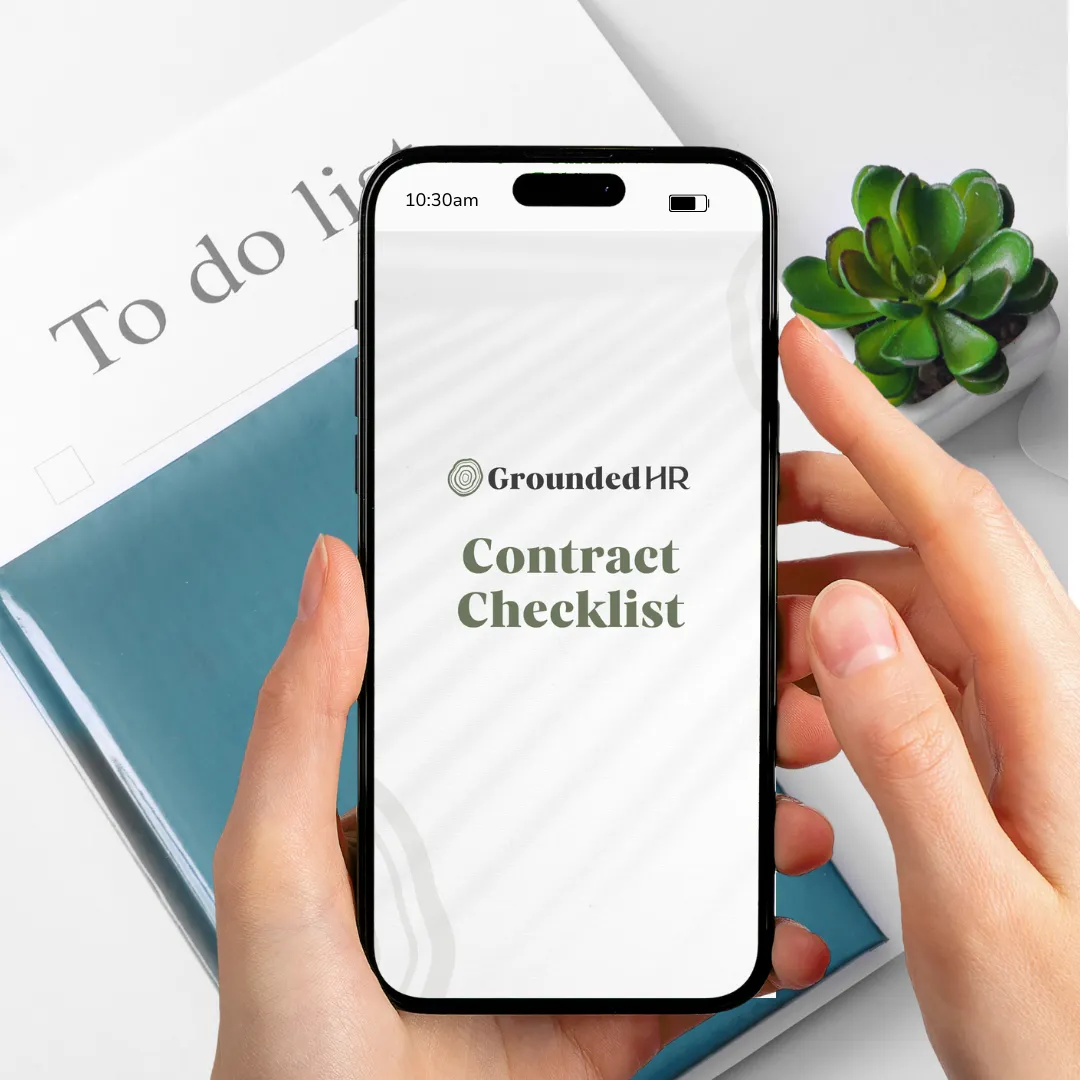Our Mission
Our Mission is to bring a people-centred approach to thousands of Aussie businesses, business owners and their employees.
We are here to impact, inspire change, and transform the way that HR is perceived, implemented and valued inside organisations.
Hey, I'm Amy!
Amy Christopherson is your people-focused, future-driven HR expert with a difference. Unlike traditional HR professionals, Amy zeroes in on the individual—understanding how each person’s unique strengths and dynamics contribute to creating a cohesive, thriving team.
With a Bachelor of Business (HR and IR) and registration with the Australian Human Resources Institute, Amy brings a wealth of experience across diverse industries to help Australian businesses turn HR from a complex, burdensome task into a strategic, proactive advantage.
Her approach combines best-practice knowledge with an empathetic, nurturing style that builds confidence and trust among both business owners and their employees.
Amy’s superpower lies in her ability to bring out the best in people—whether it’s fostering the growth of an individual team member or guiding business owners to lead with clarity and care.
She thrives on creating positive workplaces where employees feel valued, and business leaders are empowered with peace of mind knowing they are supported through any HR challenge.
If you're ready to build a workplace where people love to work and your business is set up for long-term success, Amy Christopherson is the expert you need by your side.

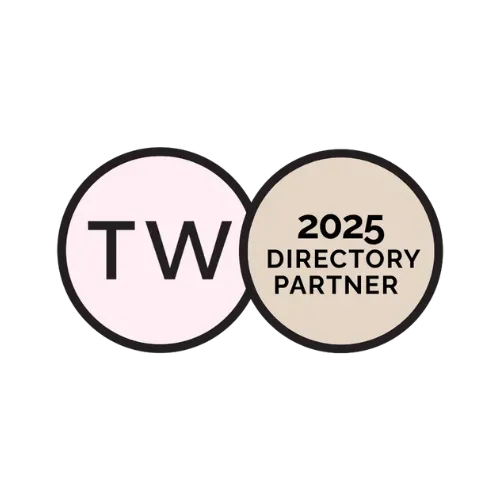
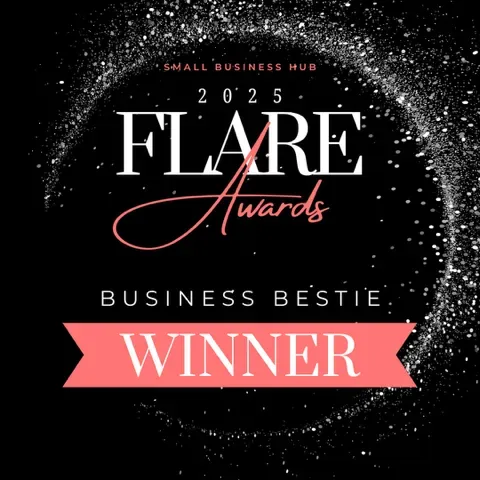
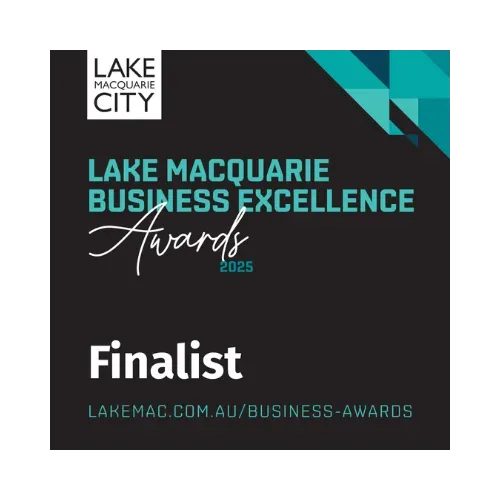
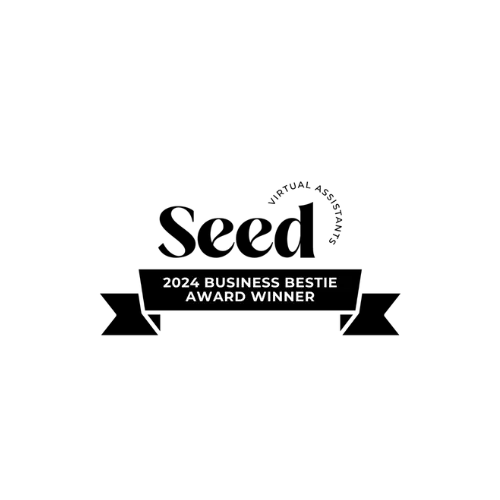
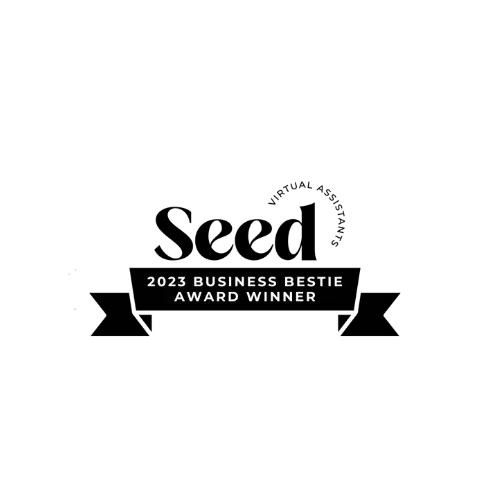
Don't know if the HR Partner Package is right for you...
then maybe check out The HR Link

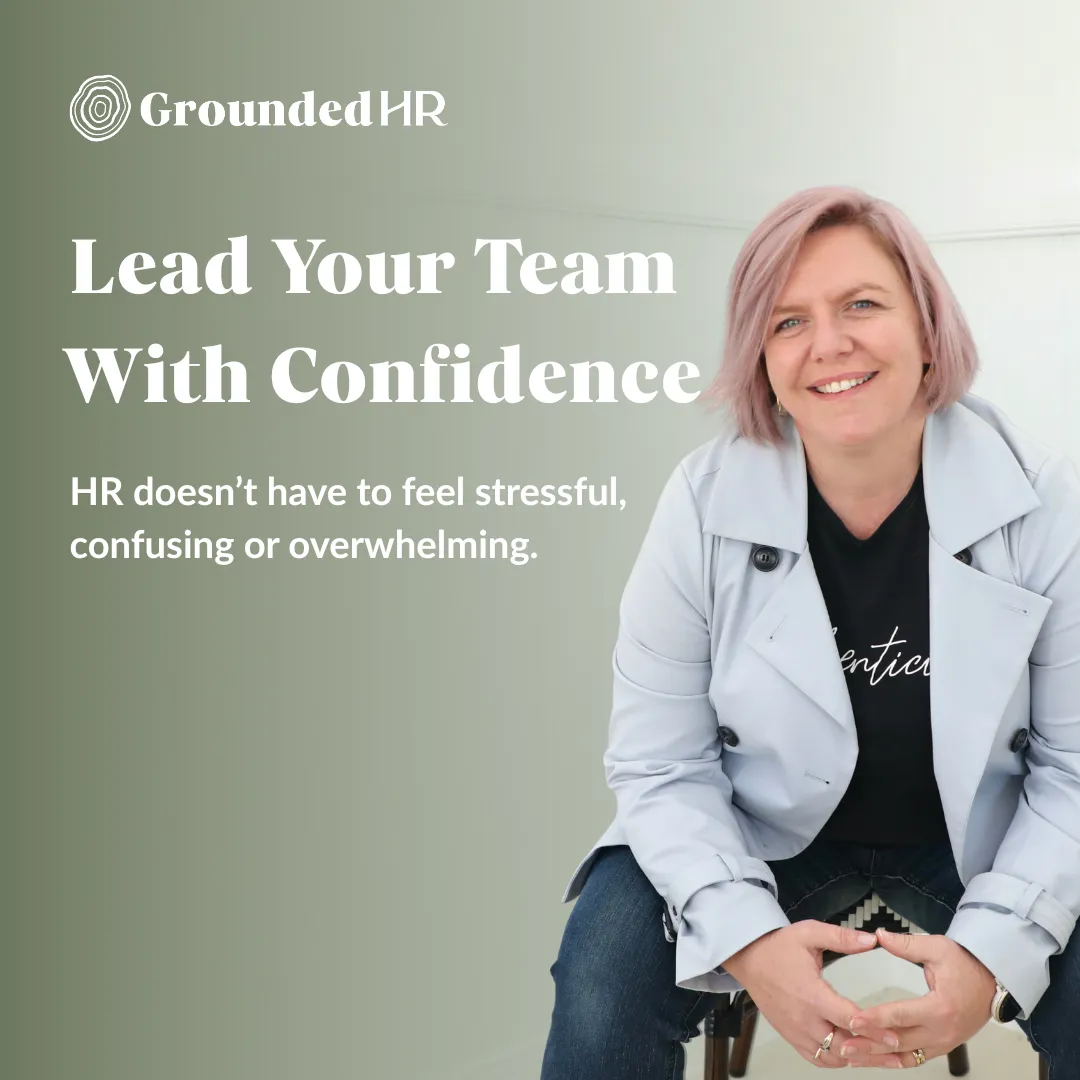
The HR Link
Get expert HR support for your small businesses, available when you need it, without long-term commitments.
The cost of doing nothing and being fined by Fair Work is much higher
than being proactive about your HR.
Have a HR Consultant at the ready to stop the embers from becoming a flame!
How we can help depends on
your stage of business...

Employment Contract Templates
Are your contracts compliant and protecting your business?
Or need your first contracts prepared . . . then you are in the right place!
During the process of reviewing or developing your employment contracts we will provide you with customised and legally compliant agreements that address your specific needs and industry requirements.
Starting from $450 + GST

The HR Link
The HR Link will be the go-to place for all the up-to-date info and HR Support you'll need so that you can have peace of mind and get back to running your business with confidence.
⚪️ Expert Advice
⚪️ Unlimited Support
⚪️ Weekly Office Hours
⚪️ Resources Library
Sign up for $350 + GST
per month

HR Partner Packages
Business owners like you wait too long to reach out for HR help and it often costs them a lot of money and their sanity!
If you are a business owner who is overwhelmed, overrun and downright exhausted trying to keep up with your HR compliance . . .
You don't have to do it alone.
Ongoing HR support from $1800 + GST per month
Want to know how engaged your team is?
Download our checklist today to find out.
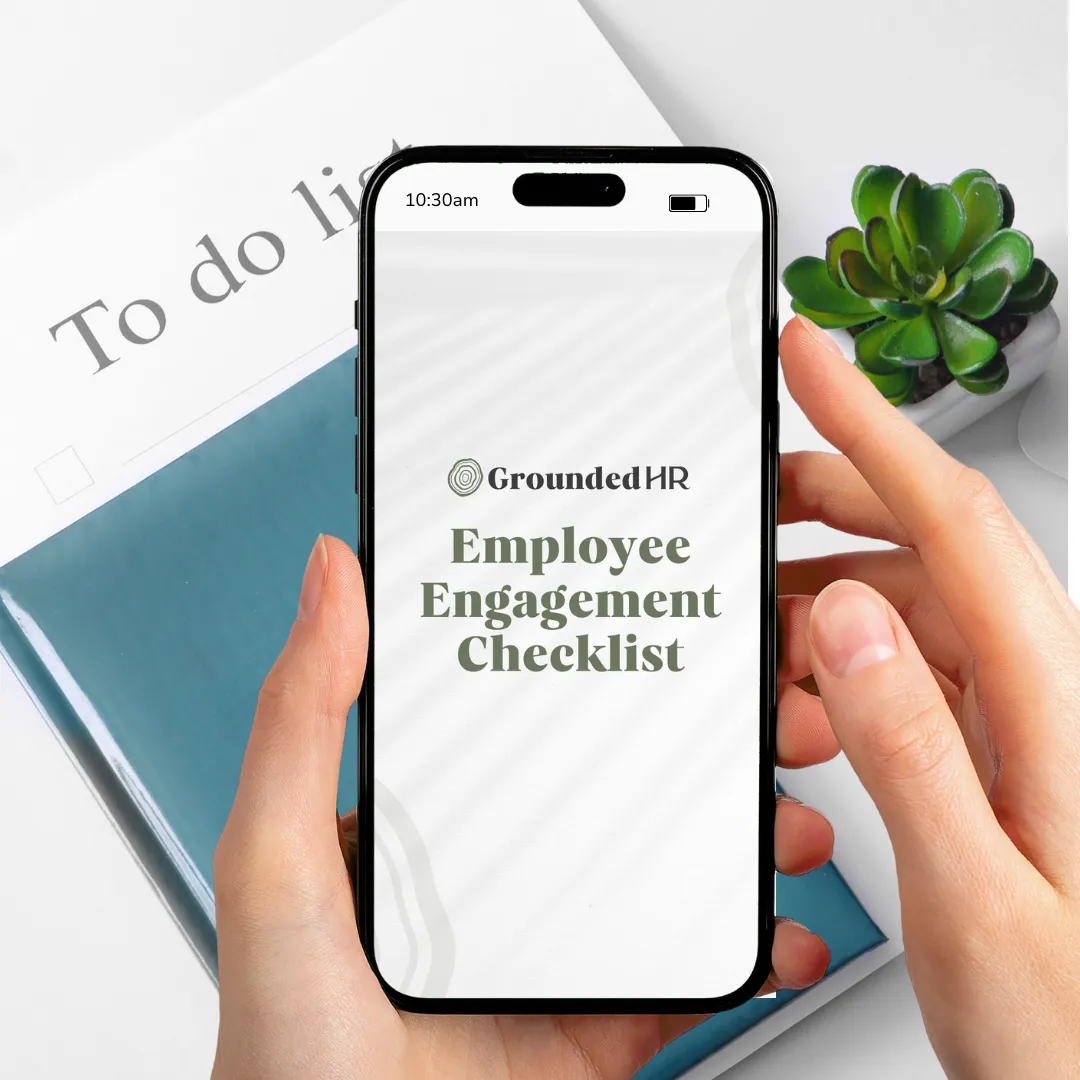
It's time to find out if your contracts are compliant?
Download our checklist today to find out.
